A protection from abuse order (PFA) can make it illegal for an individual to contact you or your children in the state of Maine.
Filing a PFA is often a necessary step in an abusive relationship, where the abuser poses a threat to a partner or other members of the household, including the children.
Even if you are not being abused yourself, you can and should obtain a protection from abuse order to protect your child from an abuser if you are that child’s parent or legal guardian.
Call 207-571-8146 or contact us online to schedule a consult with one of our highly skilled criminal defense & OUI lawyers, serving Southern Maine, today.
Table of Contents
When can you file a PFA on your child’s behalf in Maine?
If your child is in an abusive situation, you can call the National Domestic Violence Hotline open 24/7 at 800-799-7233.
You may also need to file for a protection from abuse order on your child’s behalf. This may require legal assistance early on in the process to ensure that everything goes smoothly. A qualified attorney can help you understand whether you’re eligible to file a PFA and what your rights and obligations are when doing so.
You can usually file a PFA on behalf of your child in Maine if the following apply:
- An abusive situation exists in the household. If there is evidence of abuse between family or household members and your child, a PFA can be granted under Maine law.
- The alleged abusive conduct meets the legal definition of “abuse” under the Maine statute. Common types of abuse include bodily injury, offensive physical contact, sexual assault, attempting to place your child in fear, threatening your child, forcing your child to do unwanted things, restricting the movements of your child or moving your child a substantial distance against you and your child’s will.
How do I apply for a protection from abuse order for my child?
To begin the process of applying for a PFA for your child, you will need the fillable PFA court forms packet online. Alternatively, you can go to the District Court and request a PFA forms packet from the court clerk’s office.
You can go to the court located in the district where you live, where the person who abused you lives or where you have gone to escape the abuse.
A family lawyer can assist with filing the PFA complaint if necessary—and also represent you at the hearing, which will be scheduled for a later date.
If you don’t have a lawyer and you have trouble filling in the form, request help from the court clerk, another family member or a friend who may be able to assist.
Call 207-571-8146 or contact us online to schedule a consult with one of our highly skilled criminal defense & OUI lawyers, serving Southern Maine, today.
What happens after I fill out the PFA complaint?
The first step after filling out the PFA complaint is to have it notarized. You must sign the forms and swear that the statements are true in front of the court clerk, a notary public, or a lawyer.
You may need to fill out a Protection Order Service Information form, including details of where the defendant can be found. The police or a sheriff will then locate the defendant to serve the court papers.
The issue of child support may also arise in cases where a child is relocated with one parent or guardian because of abuse. If you want to request an order for the defendant to pay child support, you’ll need to complete a Child Support Affidavit. This can be filed at a later date if necessary, but it should be filed before the date of the court hearing. You’ll need to keep one copy and send another copy to the defendant.
Once the forms are submitted, a judge will promptly consider the application and, provided they are satisfied that an abusive situation exists in the household and meets the definition of “abuse”, an initial temporary order can be issued rapidly to protect you and your child for 21 days.
This order will prohibit the abuser from having contact with your child during that period. A hearing will also be scheduled at which evidence can be presented from both sides. The outcome of this hearing will decide whether a longer-term PFA order can be issued by the court.
What if I don’t want the defendant to find out where I’m staying?
The alleged abuser in a protection from abuse order is known as the “defendant”.
In some cases, where an abuse victim does not want the defendant to know their location out of fear or because of a threat of further harm to the child, the court enables the withholding of address information.
Where the PFA complaint forms ask for your name and address, write your name only. Write “confidential” wherever the form asks for your address or your child’s address. Then obtain an Affidavit for Confidential Address form either online or from the court clerk.
In the affidavit, you will need to state why the address information should be kept private for the safety of you or your children. The affidavit should be filed by the court clerk with the rest of your documents and it will be “sealed” so that the information is not viewable to others.
The defendant may object to the address information being sealed; in which case a hearing may be scheduled to decide whether the information should be kept secret.
An alternative step is to contact the Domestic Violence Project or Sexual Assault Project about the “Address Confidentiality Program”, which can provide you with a legal address separate from your actual address, at which you can receive mail, etc.
If you or someone you know is considering requesting a PFA order in Maine, call The Maine Criminal Defense Group at 207-571-8146 for assistance.
Call 207-571-8146 or contact us online to schedule a consult with one of our highly skilled criminal defense & OUI lawyers, serving Southern Maine, today.
Blog Posts
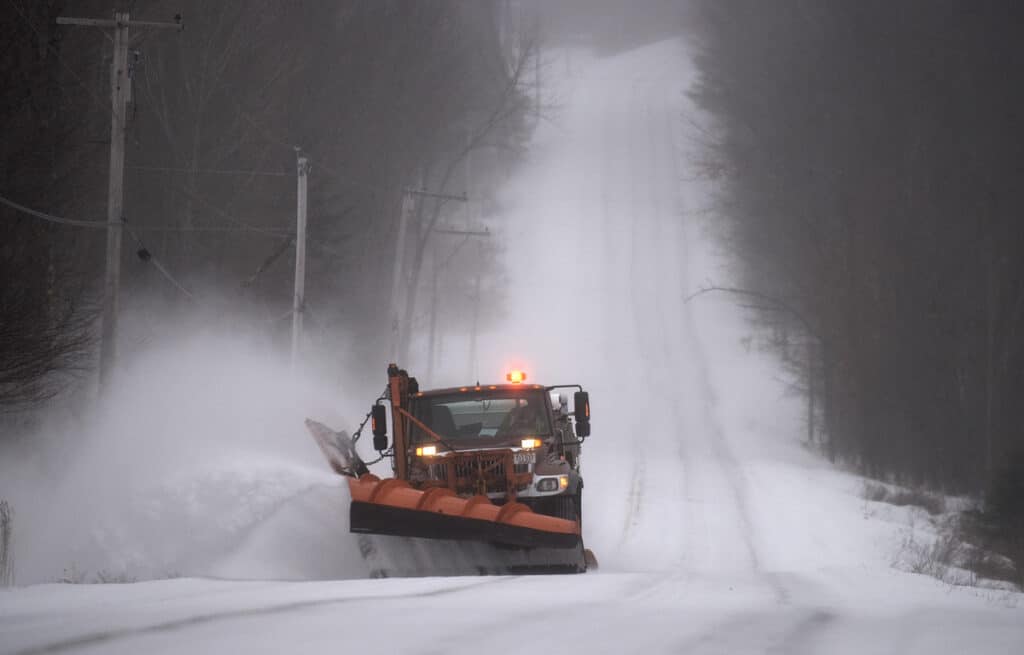
January 11th, 2025, in Skowhegan, Maine, a Maine Department of Transportation plow truck sustained a head-on collision caused by a drunk driver on Route 2, as reported by law enforcement.[...]
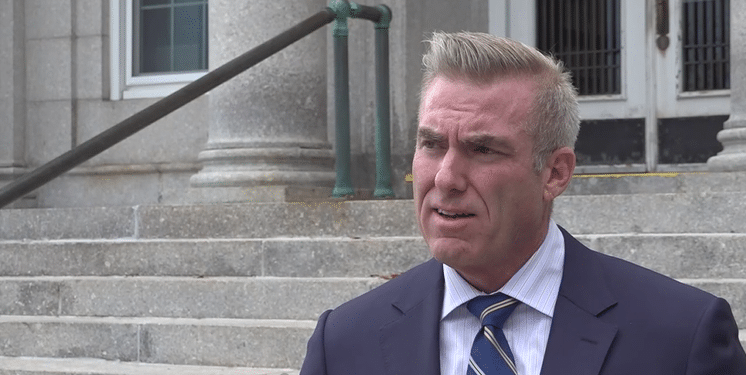
The tragic events of a fatal car crash in 2023 that claimed the lives of four young people have finally reached a pivotal legal outcome. Noelle Tavares, a former Maine[...]

In most states, there are many different places that the average person can take a driving course to satisfy court requirements as related to an DUI conviction. However, in the[...]
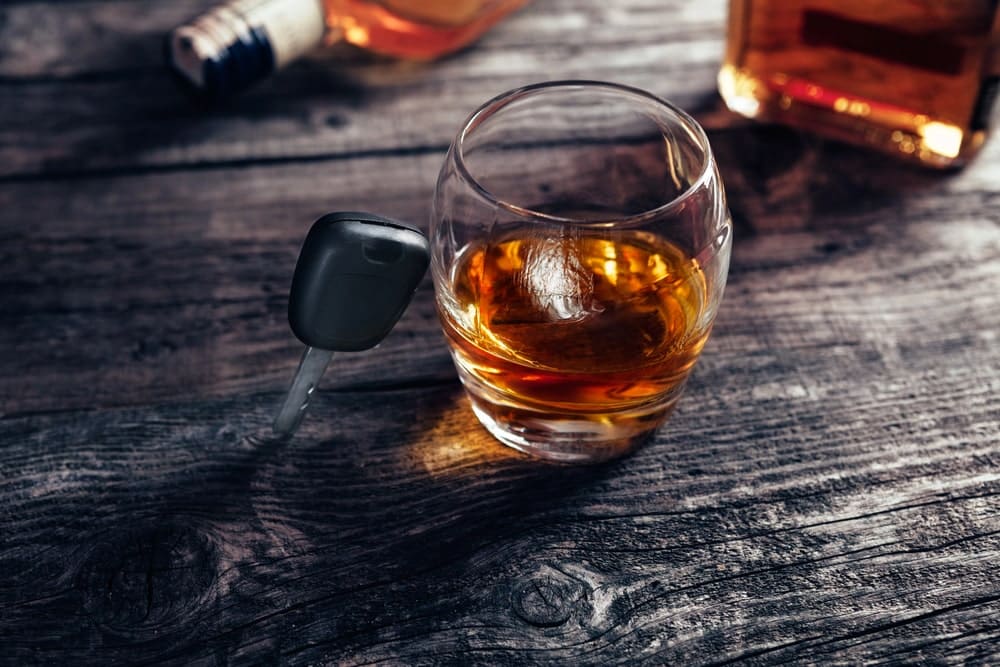
Defending against OUI offenses in Southern Maine Anyone charged with a 2nd OUI in Maine should expect little leniency from the criminal justice system. This makes it even more important[...]
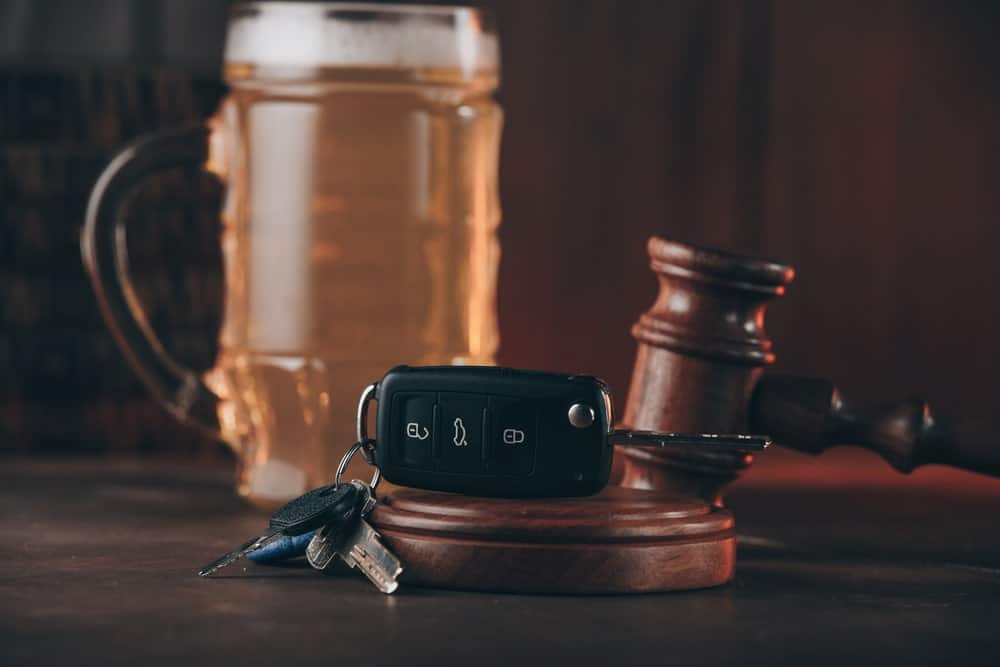
Defending against OUI Refusals in Southern Maine Did you know that it is a criminal offense to refuse to submit to a chemical test if lawfully requested to do so[...]

Reducing an OUI charge in Maine OUI charges are handled severely in Maine. For many people, a drunk-driving charge is their first time dealing with the criminal justice system and,[...]

Alcohol laws of Maine While you should be aware of the strict OUI laws in Maine, it’s also important to know about other ways you can face a traffic infraction[...]

Defending against OUI offenses in Southern Maine A first OUI in Maine can potentially have long-term consequences, but with the right legal representation, alleged offenders can escape the harshest penalties.[...]

If you blow under .08 in a DUI breath test in Maine, it may be jumping the gun to breathe a huge sigh of relief. You may not be “free[...]
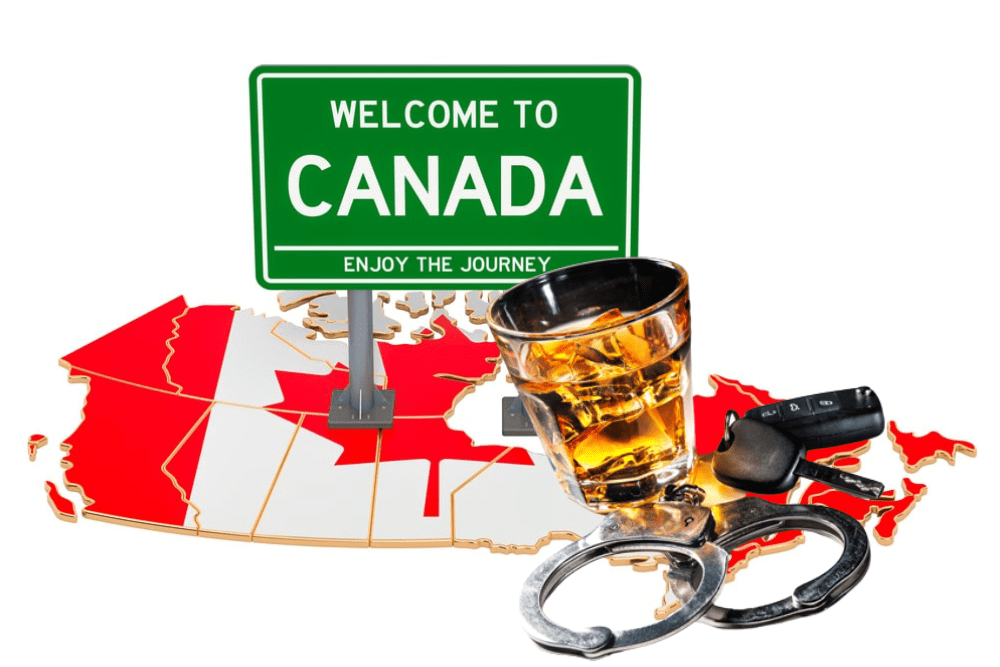
Last Updated: February 18, 2025 Between 11 and 15 million Americans visit Canada each year but you’re unlikely to contribute to those numbers in the future if you have an[...]


